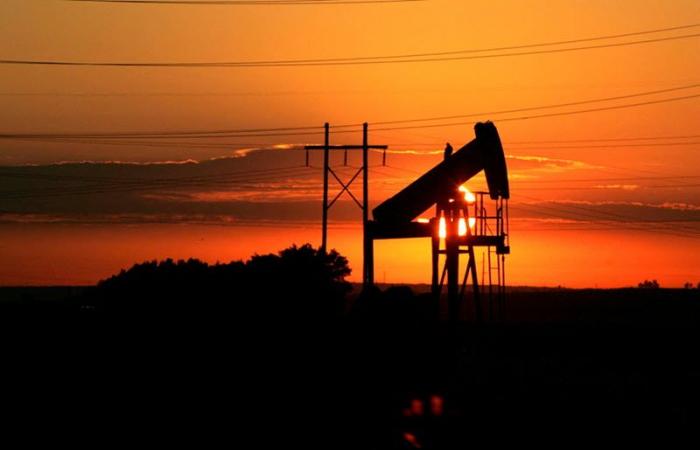Faced with escalating tensions between Israel and Iran, OPEC is able to compensate for a total interruption of Iranian supplies if necessary. The assurance comes as Iran launched a missile attack on Israel on Tuesday, following Israeli airstrikes and threats. Israeli Prime Minister Benjamin Netanyahu warned that Iran would face consequences for its actions, while Iran promised a strong response if further provoked by Israel.
OPEC member Iran contributes about 3.2 million barrels per day, or 3% of global oil production. Despite U.S. sanctions, Iranian oil exports have reached levels near the highest in several years, at 1.7 million barrels per day, mainly purchased by Chinese refiners who do not recognize unilateral U.S. sanctions.
Amrita Sen, co-founder of Energy Aspects, said OPEC+, which includes OPEC countries and allies such as Russia and Kazakhstan, has enough reserve capacity to handle the loss of production Iranian. OPEC+ has cut production to support oil prices amid weak global demand, leading to a large reserve of production capacity.
Currently, OPEC+ production cuts total 5.86 million barrels per day. Estimates suggest that Saudi Arabia could increase production by 3 million barrels per day and the UAE by 1.4 million barrels per day.
At a meeting today, OPEC+ focused on complying with production cuts without dwelling on the Israeli-Iranian conflict. An OPEC+ source said the discussions briefly touched on the geopolitical situation, expressing hope for de-escalation.
However, analysts like UBS’s Giovanni Staunovo warn that spare capacity, much of which is located in the Persian Gulf region, could be at risk if the conflict escalates and regional energy infrastructure are targeted.
Israel has so far refrained from attacking Iranian oil facilities, but concerns remain that strategic sites such as Iran’s oil refining operations and the oil port on Kharg Island, which handles the majority of Iran’s crude oil exports, could be potential targets.
Historically, during the Iran-Iraq War in the 1980s, Kharg Island was frequently attacked, threatening the existence of the oil terminal. Additionally, in 2019, drone attacks by Iranian proxies on Saudi oil processing facilities temporarily halted half of the kingdom’s crude production.
Experts at RBC Capital Markets and PVM warn that Iran’s proxies could target energy operations in the Middle East, particularly in Saudi Arabia, which could lead to wider conflict and potentially serious disruption of the economy. oil supply.
Oil prices have remained relatively stable between $70 and $90 per barrel in recent years, despite ongoing conflicts, including the war between Russia and Ukraine. Increasing U.S. oil production, which accounts for 13% of global crude and nearly 20% of global petroleum liquids production, has contributed to market stability. This supply diversity, combined with OPEC’s spare capacity, has eased concerns about supply shocks related to tensions in the Middle East, according to Rhett Bennett, CEO of Black Mountain.
Nonetheless, widespread conflict in the Middle East affecting oil production could lead to a spike in oil prices, which would in turn increase fuel costs. Such a scenario could impact the US presidential election, potentially influencing Vice President Kamala Harris’ campaign against Republican candidate Donald Trump, with the election scheduled for November 5.
ING’s Warren Patterson suggests the United States could encourage Israel to moderate its response to avoid a significant escalation of tensions.
Reuters contributed to this article.
This article was generated and translated with the help of AI and reviewed by an editor. For more information, see our T&Cs.






